I Wake Up Streaming: July 2020
Movies
In “I Wake Up Streaming,” a new film column, novelist William Boyle rounds up his top streaming picks for the month. The column’s name is a play on the 1941 film I Wake Up Screaming, starring Betty Grable, Victor Mature, and Carole Landis. While the film’s title hits a pleasing note of terror and despair, changing that one letter speaks to the joy of discovering new films and rediscovering old favorites, as well as the panic that comes with being overwhelmed by options.
I’ve always watched a lot of films. It started when I was young. By age ten or eleven, I was trying to see as many movies per week as I could. The video store closest to my house in South Brooklyn had a three-for-two deal that I took advantage of at least twice a week. I didn’t have cable, so the video store and the local branch of my library—they had a slim but solid VHS selection—were my main outlets. By the time I was in high school, my habit was out of control. I was supplementing rentals with more trips to my local theaters, as well as longer trips into Manhattan to go to good theaters. I liked crime movies, sure, but I was open to anything and everything: dumb comedies, melodramas, documentaries, foreign films, horror. I don’t know what made me so wide open as a viewer, but I’m thankful that was my instinct since I found so many life-changing movies simply by taking a chance.
Back then, I was probably watching ten to fifteen movies a week. In college and my early twenties, I slowed down a little as life got in the way, but I always made it a priority and would still aim to see at least a few a week. In recent years—thanks to the wide variety of streaming options and my penchant for buying physical releases—I’m watching more than ever. Quarantine has only amped it up. In this column, I intend to highlight some films that are currently available. These will be a combination of films I’ve watched for the first time just recently and others that are old favorites. I’ll also occasionally point to films I haven’t seen yet that I’m excited to have the opportunity to finally check out. I’ll be focusing on the streaming services I utilize. My hope is that it feels like I’m creating my own film festivals or programming my own theater.
Top of the Heap. 1972. Prime Video and Tubi.
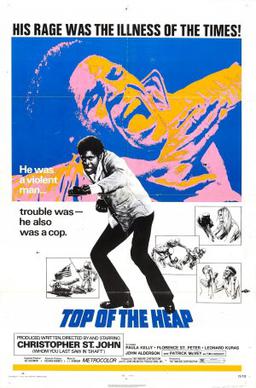
Produced, written, and directed by the star of the film, Christopher St. John, this is a howl of anger and sadness. St. John took the money he made co-starring in Shaft and poured it all into this, the only feature he ever directed. The producers wanted a more standard Blaxploitation film, but he gave them a surreal, raw meditation on the Black experience in America. St. John’s character, George Lattimer, is a cop whose psyche unravels as he realizes the American Dream wasn’t meant for him. Think Get Out by way of Bad Lieutenant and The Ninth Configuration. I watched it after seeing the critic Dave Kehr mention it on Twitter recently, and it truly blew me away. Revelatory, heartbreaking, and visually stunning.
Laws of Gravity. 1992. Prime Video.
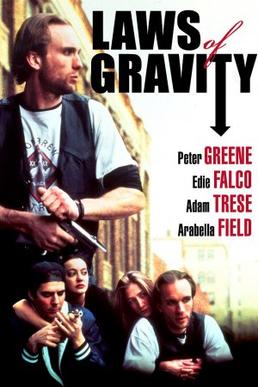
An early ’90s New York City indie crime masterpiece. Written and directed by Nick Gomez, this was a formative film for me. Shot for about forty thousand dollars on the streets of Brooklyn, it’s an intimate study of lowlifes living on the margins of society. Jimmy (Peter Greene) and John (Adam Trese) stumble around from scheme to scheme. Their girlfriends, Denise (Edie Falco) and Celia (Arabella Field), are caught up in the chaotic swirl of their lives. When their old pal Frankie (Paul Schulze) arrives home from Florida with a cache of guns, things really begin to go off the rails. You can see the blueprints for the frenetic crime movies of the Safdie Brothers here. To enjoy this film, you’ll need to have a high tolerance for New Yorkers screaming at each other nonstop, talking over each other and at each other, talking, talking, talking. Sounds like home to me.
Thomasine & Bushrod. 1974. Prime Video.
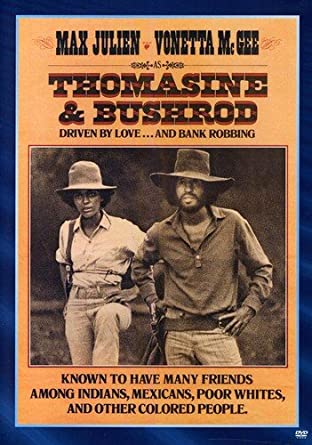
Directed by Gordon Parks Jr. and written by Max Julien, this deeply underrated film stars Julien as Bushrod and the incredible Vonetta McGee as Thomasine. In 1911, Bushrod is on the lam from trouble, and Thomasine’s a bounty hunter. When they reconnect in Texas after years apart and take out one of Bushrod’s pursuers, they turn to robbing banks to survive. A lovers-on-the-run story that also sets out to shatter myths of the American West. Glynn Turman’s supporting turn as Jomo is terrific. The title song is by Arthur Lee of Love (!). Thomasine & Bushrod is billed as a Blaxploitation Western but that feels pretty limiting. It’s tender, lyrical, meandering. A hangout movie with incredible heart. A riff on Bonnie & Clyde but a damn memorable one.
Lenny Cooke. 2013. Criterion Channel.

A heartbreaker of a documentary from the Safdie Brothers. After Uncut Gems, it’s especially interesting to look back at this. A staggering portrait of defeat and loss. Too often sports documentaries focus on triumph, erasing the stories of those who didn’t make it, who fell hard. Lenny Cooke was one of those, a top high school basketball prospect considered to be on the same level as LeBron James and Carmelo Anthony. In the first half of the documentary, the Safdies assemble footage (from producer Adam Shopkorn) of Cooke in his glory days, on the cusp of stardom, trying to decide between going to college and declaring for the NBA draft. The second half finds Cooke’s dream unraveled. After declaring and not getting drafted, he floats around scrub leagues for a while before drifting into an existence where he must reckon with the fact that he’ll never be who he thought he’d be. Like Top of the Heap, it’s a demystification and dismantling of the American Dream.
Certain Women. 2016. Criterion Channel.
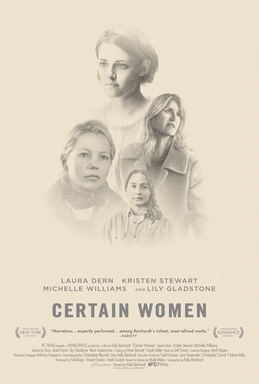
With First Cow being released VOD in July, it’s a perfect time to revisit Kelly Reichardt’s 2016 masterpiece. Based on a book of short stories by Maile Meloy, Certain Women is one of the great American films of the century. Anchored by knockout performances from Michelle Williams, Laura Dern, Kristen Stewart, and Lily Gladstone and supporting turns from James Le Gros, Jared Harris, and René Auberjonois, it’s the kind of picture that crawls under your skin and stays there. Structurally, it’s reminiscent of Robert Altman’s Short Cuts (an adaptation of some of Raymond Carver’s stories), but this is softer and sadder and hazier. It has the wide open feeling of the West. While all three stories are compelling, it’s Stewart and Gladstone who steal the movie.
Outside In. 2017. Netflix.
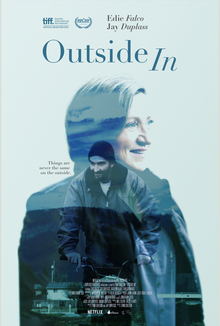
Lynn Shelton is one of my favorite filmmakers. Her death in May at age fifty-four hit like a train. She directed many episodes of various TV shows and two of Marc Maron’s comedy specials, but her eight features make for a stunning filmography now weighted down by the tragedy of what might have been. Since her death, I’ve rewatched every film of Shelton’s, some twice. Her first feature, We Go Way Back, is available on Prime and Kanopy, and it’s well worth starting there, but if I had to recommend only one of Shelton’s films, I’d go with Outside In. Driven by a blockbuster Edie Falco performance, it’s the most dramatic film of Shelton’s, edging away from comedy and improv into the dark noise of human anguish. Rewatching it recently, I was equally blown away by Kaitlyn Dever (who is also great in Shelton’s Laggies)—there’s a real tenderness to what she’s doing. Outside In is a stunning achievement, one that deserved far more recognition. It seems to have barely registered the year it was released, though Shelton, Falco, and Dever all deserved award nominations.
Nightjohn. 1996. Prime Video.
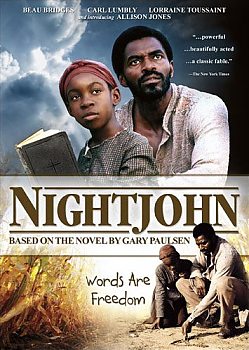
There are some great Charles Burnett films—My Brother’s Wedding, a variety of shorts, and the Burnett-penned and -shot Bless Their Little Hearts—currently available on the Criterion Channel, but his adaptation of Gary Paulsen’s YA novel, Nightjohn, has quietly been on Prime Video for a while and is in desperate need of rediscovery. Burnett has been one of my favorite filmmakers since I saw his feature debut, Killer of Sheep, for the first time about a decade ago. After that, I revisited his most mainstream success, The Glass Shield, and his greatest masterpiece, To Sleep With Anger. But Nightjohn, a made-for-TV Disney movie, somehow slipped through the cracks until recently. Carl Lumbly plays Nightjohn, a slave who had escaped to the North but has now returned to the South to teach other slaves to read. The story is told by young Sarny (Allison Jones), who risks everything to learn from Nightjohn. A haunting and unforgettable film full of haunting and unforgettable performances. Burnett has such a light touch that the limitations imposed on him by the scale of the project (and by the fact that this is a Disney property) play to his strengths as a filmmaker.
Crawl. 2019. Prime Video.
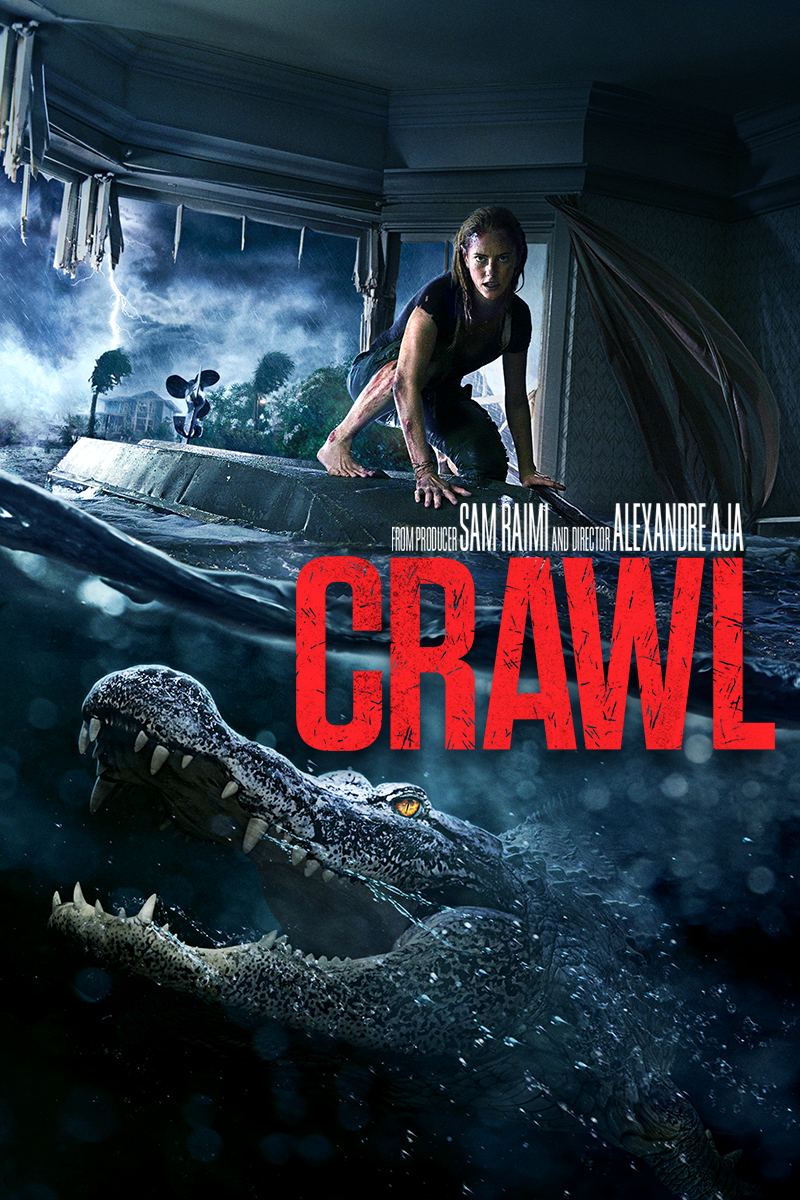
As my friend Jack Pendarvis said, “Maybe you’ll say this isn’t a five-star movie, I don’t know, but it is definitely a five-star alligator movie.” Alexandre Aja’s razor-sharp genre film is a stripped-down riff on Jaws featuring gators instead of a shark, and it’s pure adrenaline. Kaya Scodelario plays Haley, a college swimmer who returns to her childhood home in Florida during a hurricane in search of her father, Dave (played by Barry Pepper, who has aged beautifully into the Weathered Dad role). Simple, economical, and perfectly executed, it’d make for a dream of a drive-in movie. If you’re looking to escape our current reality, what’s better than getting lost in an old-fashioned creature feature?
When Pigs Fly. 1993. Criterion Channel.
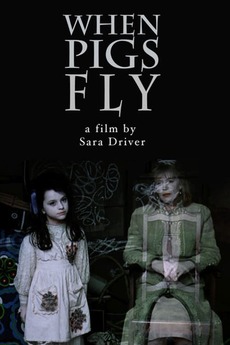
Sara Driver’s When Pigs Fly has the type of synopsis that makes it sound like you dreamed it up. Alfred Molina plays Marty, a down-and-out jazz musician who gives music lessons to people who don’t really want them. His occasional girlfriend, Sheila (Maggie O’Neill), works at the Rose of Erin pub, which is owned by Frank (Seymour Cassel). When Frank asks Sheila to do something in the shed behind the bar, she’s reluctant. Still, she does what’s demanded of her and finds an old rocking chair in storage there, which she decides to take home and give to Marty. Turns out the chair is haunted by two ghosts, a woman named Lilly (Marianne Faithfull) and a girl named Ruthie (Rachel Bella). At first, the ghosts have their fun with Marty, but things take a turn when Marty discovers who Lilly was married to and what happened to her. A dark urban fairytale. Grungy, strange, beautiful. Shot by Robby Müller and featuring music by Joe Strummer. Part of the Sara Driver collection recently added to the Criterion Channel. I also highly recommend Sleepwalk and The Bowery.
Get on the Bus. 1996. Netflix.
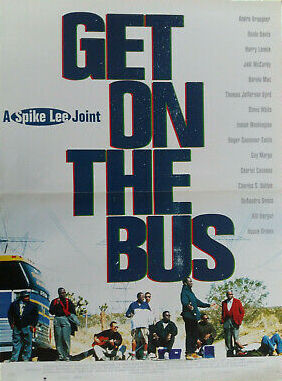
The premiere of Spike Lee’s Da 5 Bloods was a highlight of June, no doubt. Since then, I’ve been rewatching everything of Lee’s that I can get my hands on. I recently picked up the Criterion Blu-rays of Do the Right Thing (which I’ve watched often since I first saw it thirty years ago) and the undervalued Bamboozled, as well as Kino’s new editions of Mo’ Better Blues, Clockers, Crooklyn, Jungle Fever, and Summer of Sam. As for streaming options, there’s a lot of Spike to be had. Prime Video has some of his more recent work—Chi-Raq (one of my favorite films of the 2010s), Da Sweet Blood of Jesus (Lee’s remake of Bill Gunn’s Ganja & Hess), Red Hook Summer, and Pass Over. HBO Go and HBO Max have He Got Game, as well as an assortment of Lee’s documentary work. STARZ has the Suzan-Lori Parks–penned Girl 6. But Netflix, home of Da 5 Bloods, is featuring Lee classics more prominently: She’s Gotta Have It, School Daze, Malcolm X, Get on the Bus, and Inside Man. All of these films are worth revisiting or seeing for the first time, but it’s Get on the Bus that has proven most illuminating. I haven’t seen it since it first came out. I was a high school senior then, a huge fan of Lee and Andre Braugher. I remember really enjoying it—its play-like qualities especially—but, needless to say, it’s different watching it almost twenty-five years later after all the learning and unlearning I’ve done regarding race. (I think I also only partially appreciated the killer cast back then.) For those unfamiliar with the film, it’s about a group of Black men traveling on a bus from Los Angeles to Washington D.C. for the Million Man March. In some ways, it’s a time capsule of the era, but in most ways the themes of the film are never-endingly resonant.
Come Back to the 5 and Dime, Jimmy Dean, Jimmy Dean. 1982. Prime Video and Kanopy.
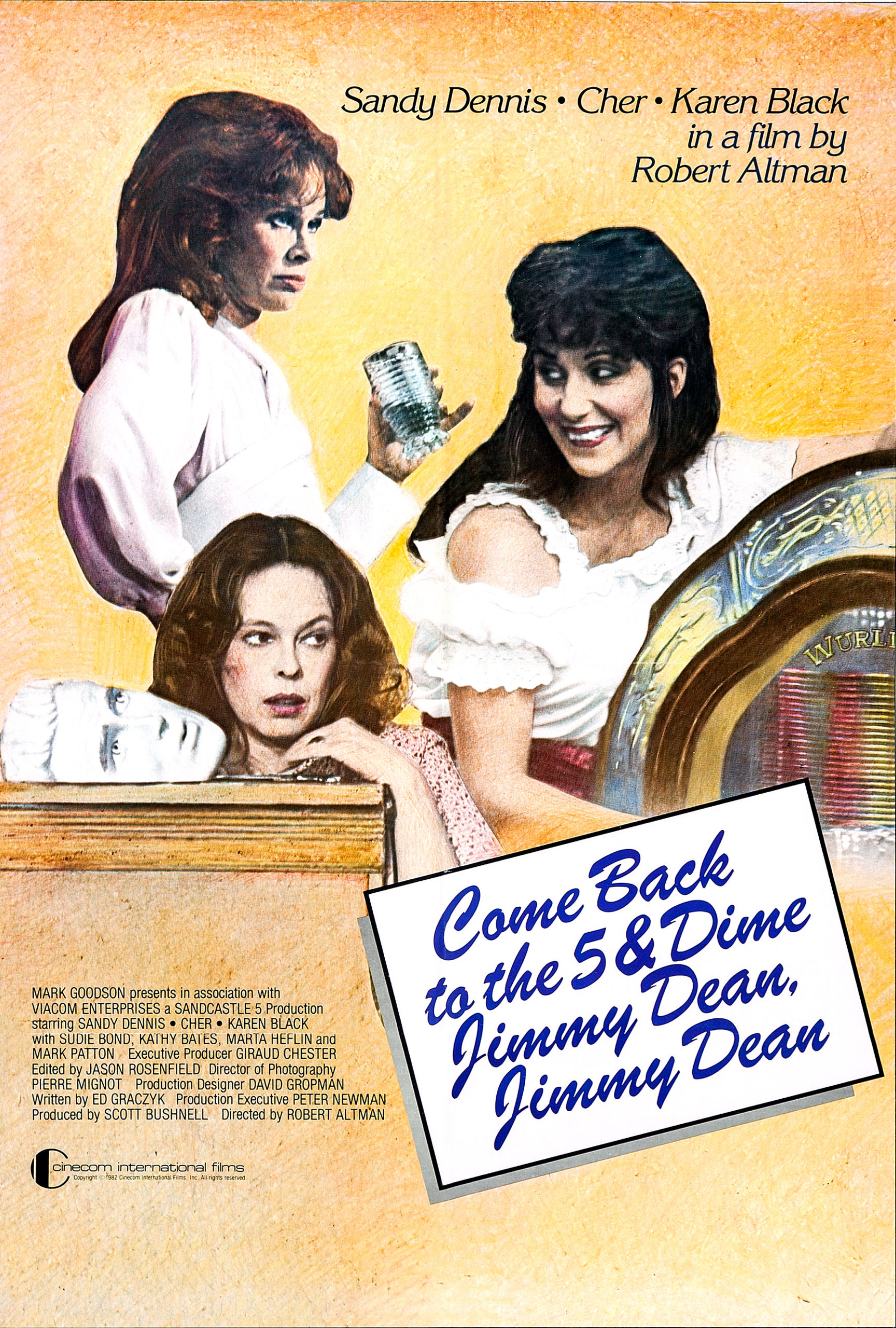
One of Robert Altman’s most underrated films. An adaptation of Ed Graczyk’s 1976 play, which Altman also directed on Broadway. The film is set in one location, a Woolworth’s five-and-dime store in McCarthy, Texas. Much of the action takes place on September 30, 1975, as a group of women—calling themselves the Disciples of James Dean—assemble to honor the twentieth anniversary of Dean’s death. Twenty years prior, Dean had been in Texas to film Giant, sixty-two miles up the road from McCarthy in Marfa, and one of the women, Mona (Sandy Dennis), claims to have had an affair with him, resulting in the birth of her son, Jimmy Dean. The other women include Cher’s Sissy, Karen Black’s Joanne, Kathy Bates’s Stella Mae, and Marta Heflin’s Edna Louise. The film flashes back occasionally to 1955, with (for the most part) the same actors playing their younger selves, and it can take a few minutes—as a viewer—to find your footing. But this is a profound and profoundly human film from Altman. Heart-wrenching, raw, moving. A deconstruction of old ways of being and seeing. An examination of friendship and allyship. To say more would be to say too much.
William Boyle is the author of the novels Gravesend, The Lonely Witness, A Friend Is a Gift You Give Yourself, and City of Margins, and a story collection, Death Don’t Have No Mercy. His novella, Everything Is Broken, was published in Southwest Review Volume 104, numbers 1–4. His writing on film has appeared in Oxford American and CrimeReads. He used to have a blog about ’70s crime films called Goodbye Like a Bullet. His website is williammichaelboyle.com.
More Movies
